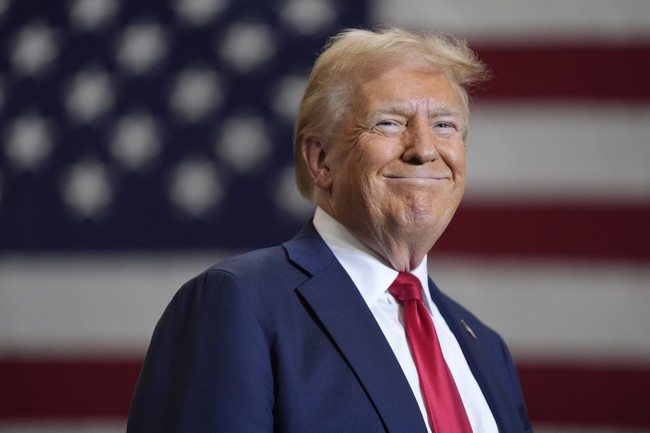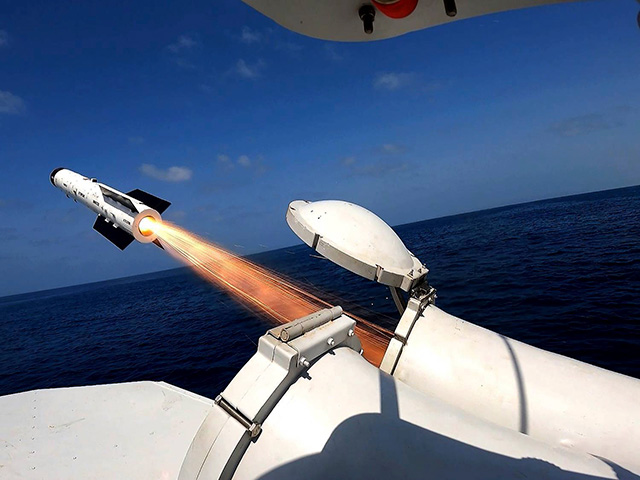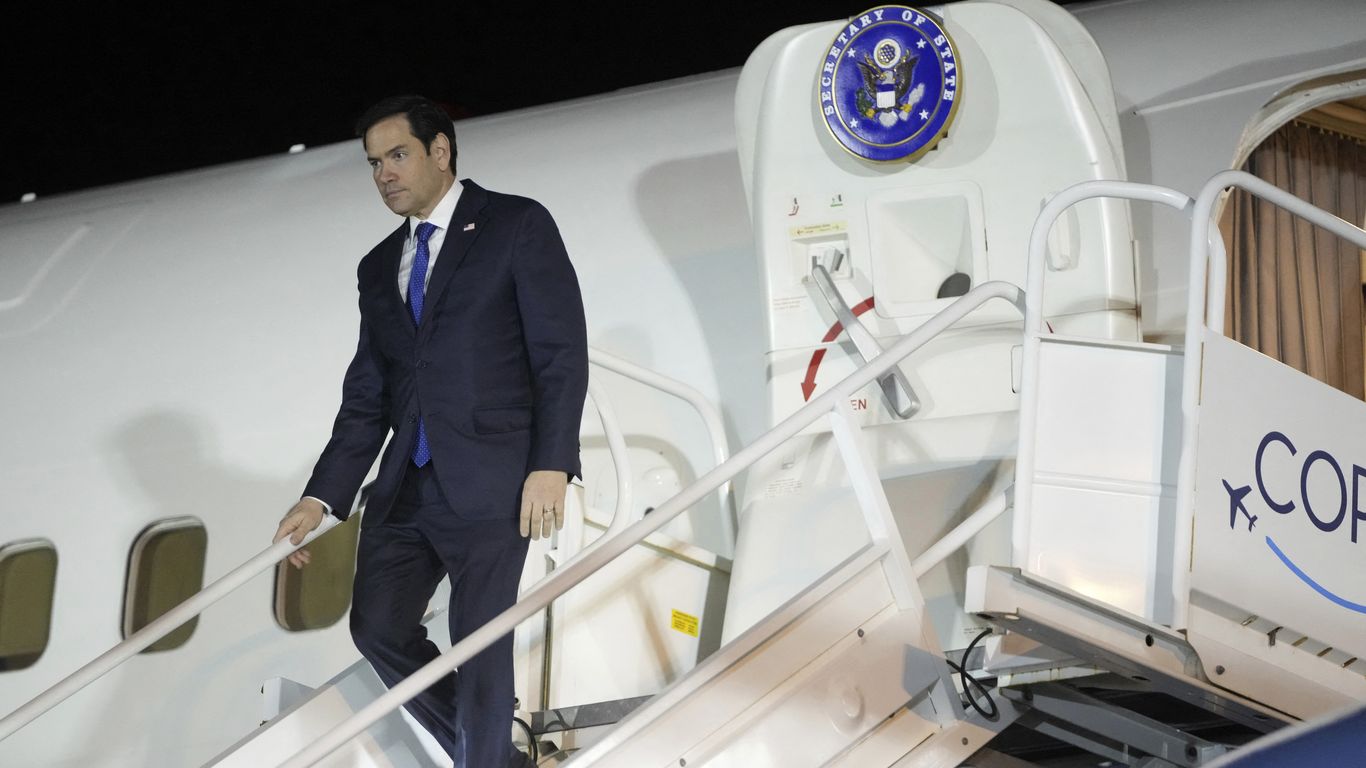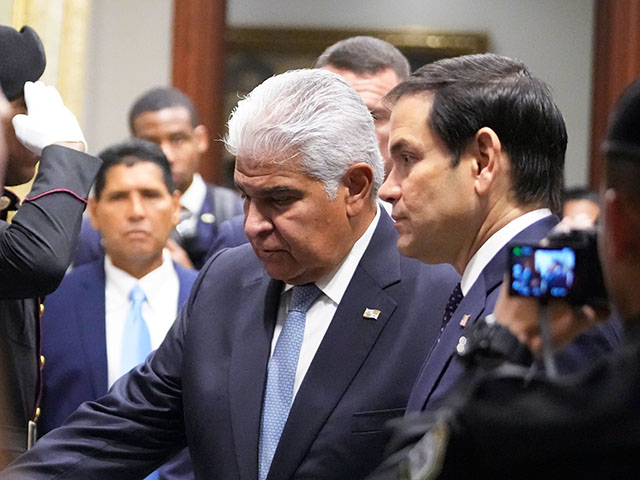US urges Panama to address China's influence over Panama Canal

U.S. Secretary of State Marco Rubio has urged Panama to act against China's influence over the Panama Canal, warning of potential U.S. intervention if changes are not made. Discussions highlighted the canal's strategic importance for global trade.
U.S. Secretary of State Marco Rubio emphasized the need for Panama to take immediate action against Chinese influence over the Panama Canal area during a recent meeting in Panama City. This marks Rubio's first overseas trip as Secretary of State, where he is also set to visit El Salvador, Costa Rica, Guatemala, and the Dominican Republic this week.
During the meeting with Panamanian President José Raúl Mulino and Foreign Minister Javier Martínez-Acha, Rubio warned that the current influence of the Chinese Communist Party represents a threat to the canal. He noted that this presence breaches a treaty signed by the U.S. and Panama in 1977, which ensures the canal remains neutral and accessible to all.
State Department spokesperson Tammy Bruce conveyed Rubio's message, stating that the current situation is unacceptable and could compel the U.S. to take actions to safeguard its treaty rights if immediate changes are not made.
Following the discussions, President Mulino described the talks as respectful and positive, expressing confidence that the treaty's validity was not under serious threat.
The Panama Canal is crucial for global trade, with the U.S. being its largest user. Other significant users include Chile, China, Japan, and South Korea. While a Hong Kong-based company has managed ports surrounding the canal since 1997, there is currently no evidence suggesting that the Chinese government controls the canal itself. However, increased involvement of Chinese firms in regional infrastructure projects has raised concerns.
Rubio has indicated that in case of future conflicts, these companies could exploit the canal as a strategic choke point. President Trump has voiced intentions to regain control over the canal, a territory that the U.S. managed until 1977, when treaties were signed to transition control to Panama, completed in 1999.
Despite Rubio’s warnings, it is uncertain what repercussions Panama would face should it not comply with U.S. requests. Analysts suggest that Rubio's challenge will be significant, given China's influential trading relationships in Latin America.
Before Rubio’s visit, Panama’s president had already dismissed any conversation regarding control of the canal, emphasizing that discussions should center on trade and migration.




















